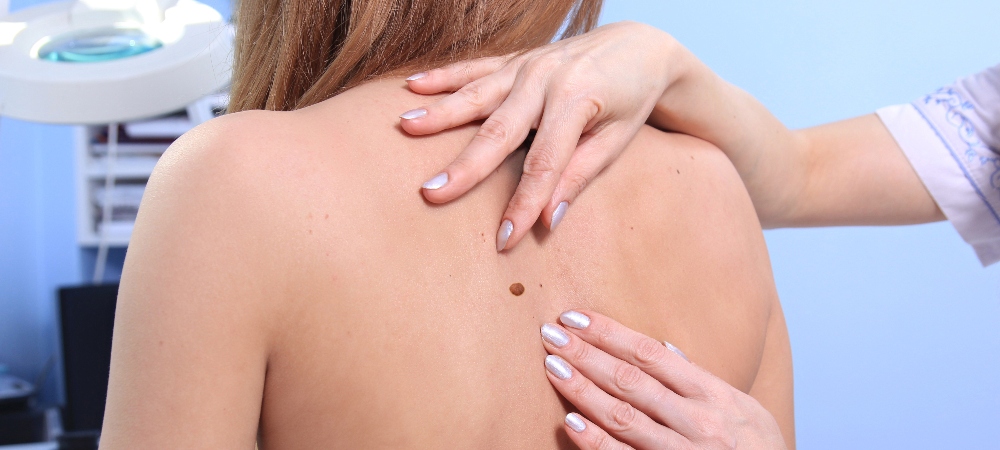
Sunspots vs. Skin Cancer: Understanding the Difference
As we age, our skin may naturally develop various types of marks and blemishes, including sunspots. These small brown spots are also called liver spots or age spots, and they appear on the areas of your skin that have seen the most sun exposure. Are sunspots cancerous? No, sunspots on skin are harmless, but should…Read More









